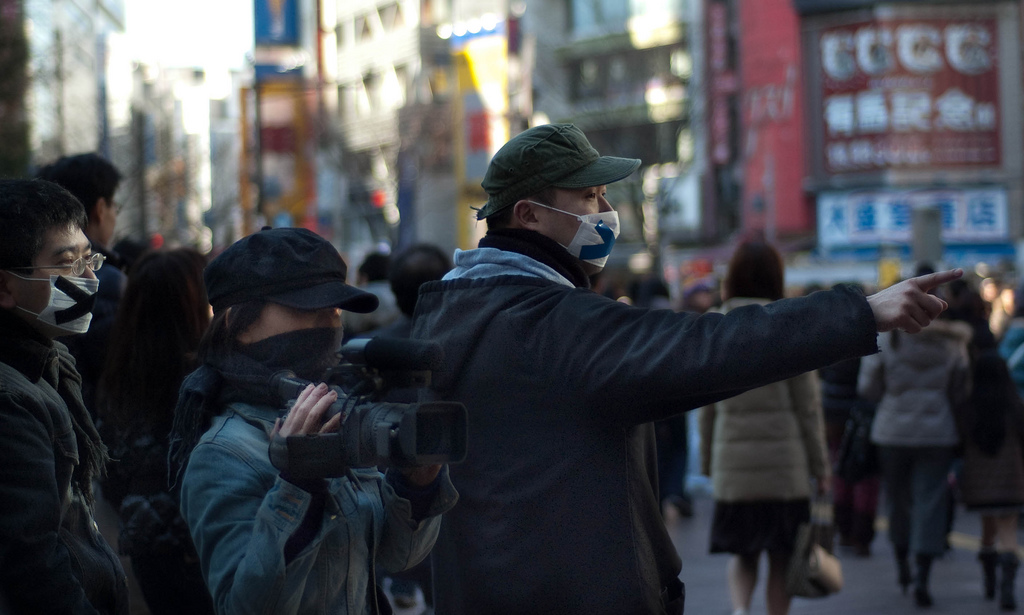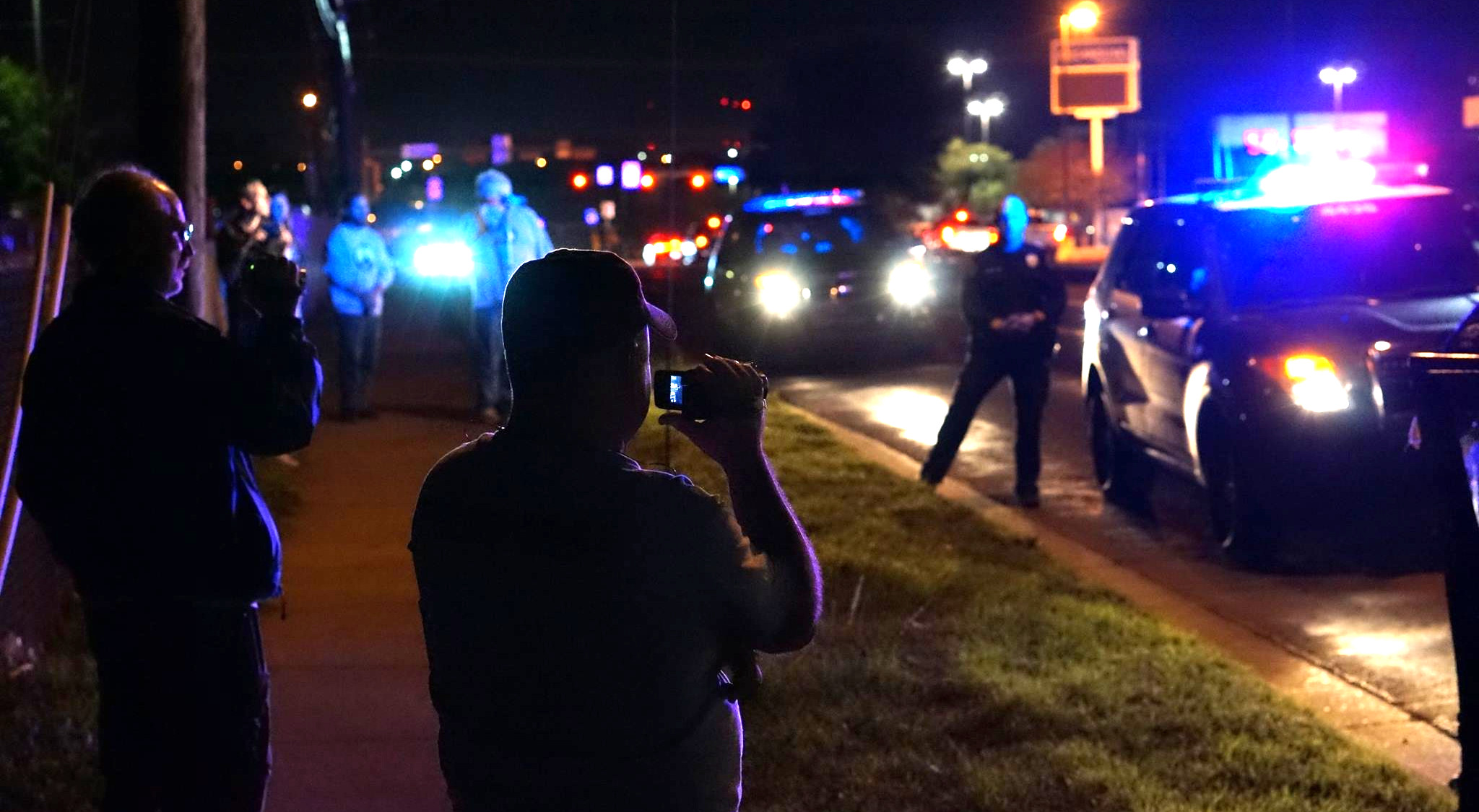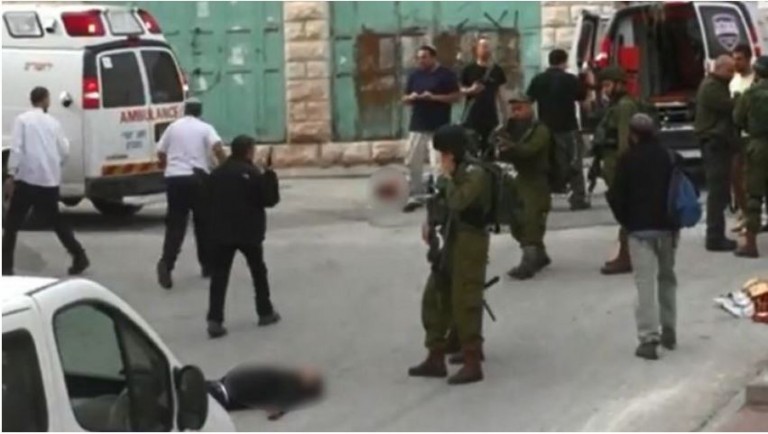As smartphones revolutionize how people interact with breaking news, internet freedom advocates are warning that “kill switch” technology could shut down this newfound form of expression during times of civil unrest.
Viral video footage of the killings of Alton Sterling and Philando Castile, two black men recently fatally shot by police, triggered nationwide Black Lives Matter protests and renewed a nationwide discussion over the importance of easily accessible video and livestreaming to hold cops accountable.
However, police frequently target those caught filming them, even when courts have repeatedly upheld the right of citizens to do so. Police held Diamond Reynolds, Castille’s fiancee, at gunpoint while she filmed the aftermath of the shooting, and both witnesses to Sterling’s death, Chris LeDay and Abdullah Muflahi, were targeted by police after filming.
But perhaps even more worrisome than police targeting individuals for filming is the idea that the technology which allows witnesses to film and share incidents of brutality could be remotely disabled to stem dissent.


